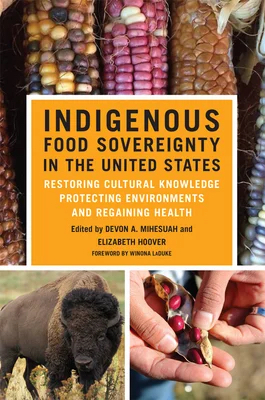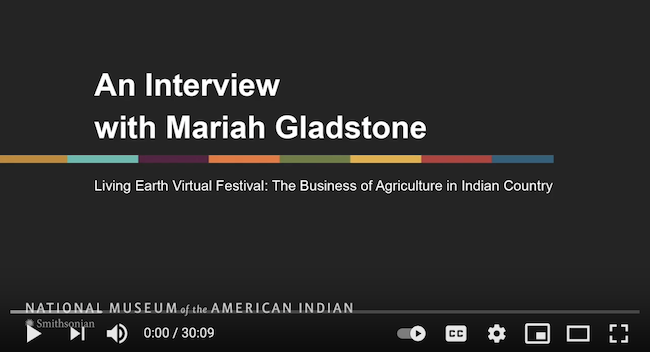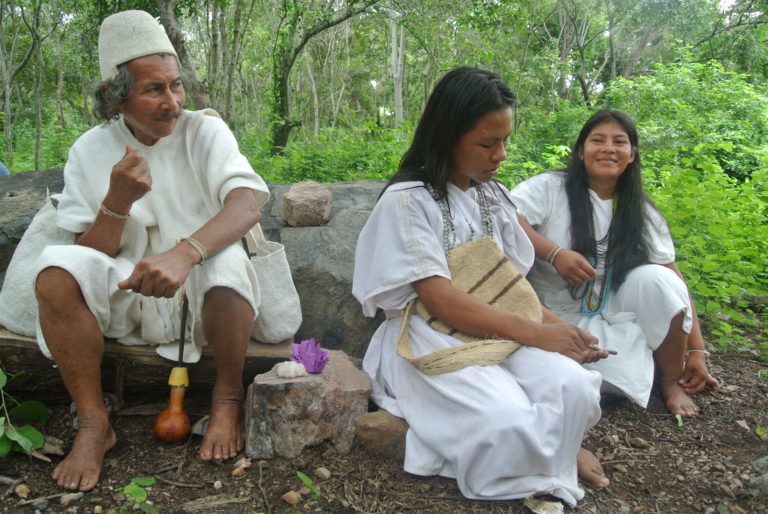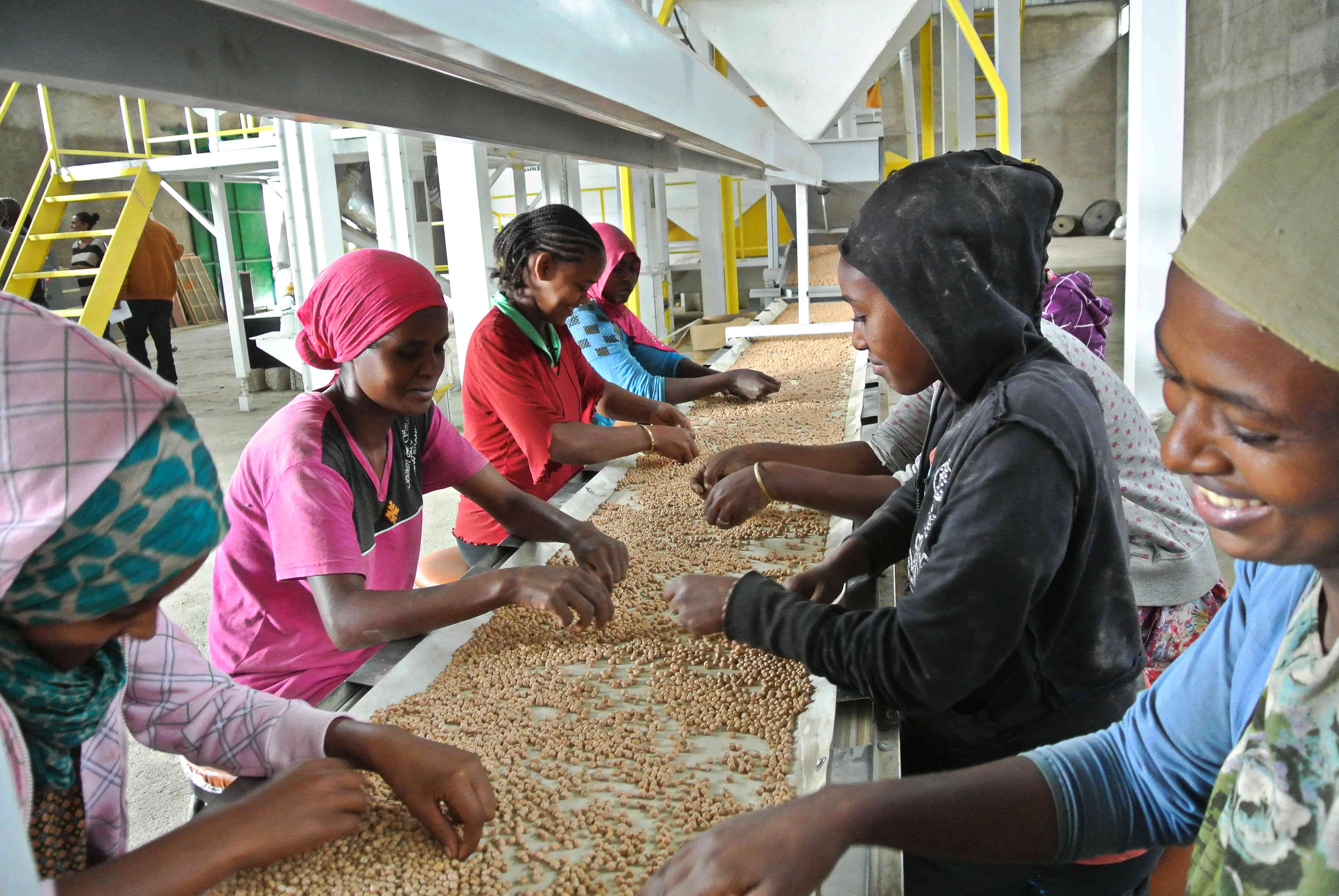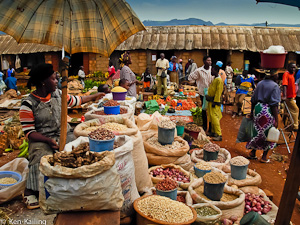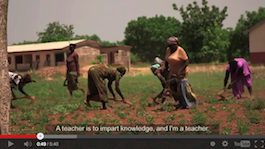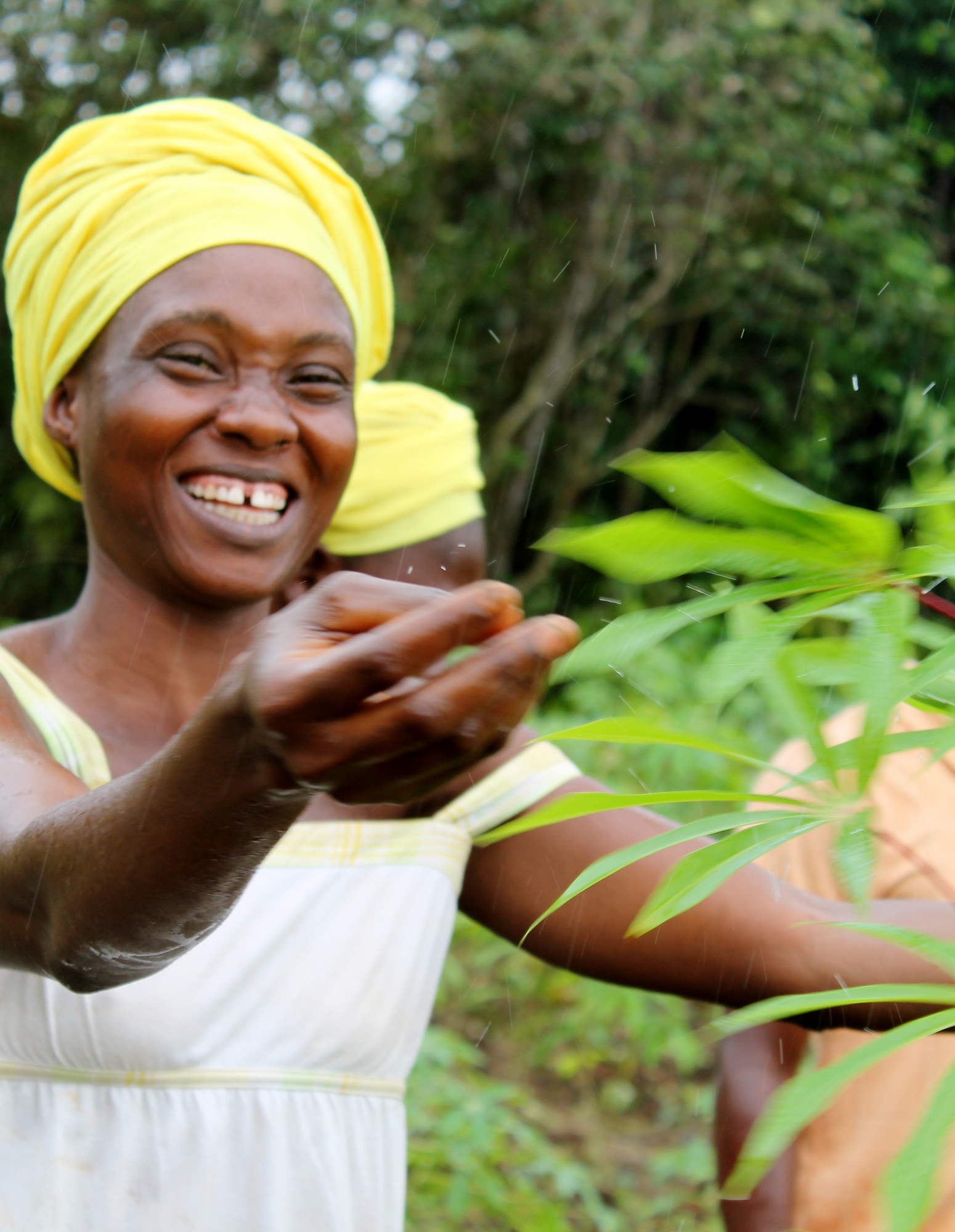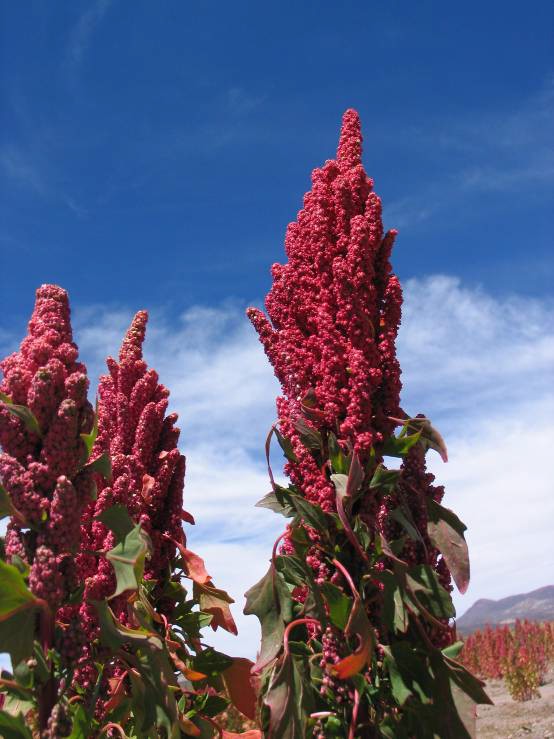Indigenous Food Sovereignty in the United States
Centuries of colonization and other factors have disrupted indigenous communities’ ability to control their own food systems. Indigenous Food Sovereignty in the United States explores the meaning and importance of food sovereignty for Native peoples in the United States, and asks whether and how it might be achieved and sustained.

